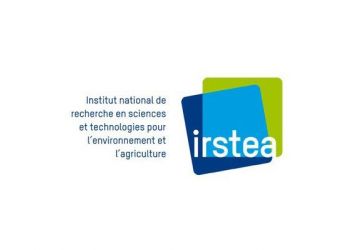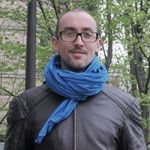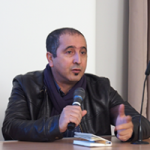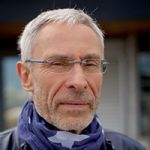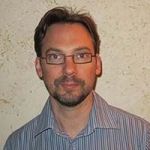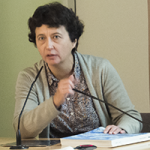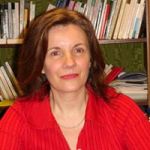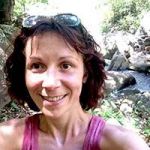Projet de recherche
Laboratoire d'Excellence Innovation et Territoire de Montagne
Du 01/04/2011 au 12/12/2019
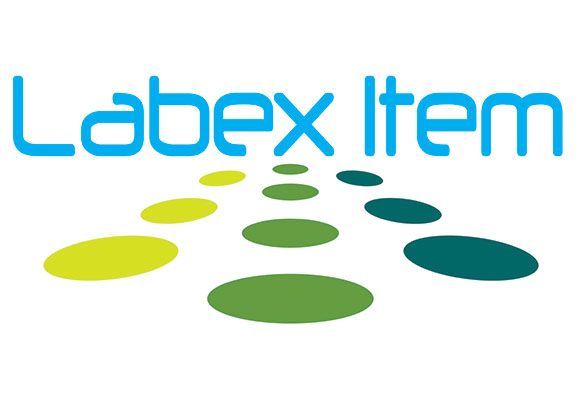
LabEx is structured into three hubs working in close synergy: a research hub, a training hub and a valorisation hub, each with dedicated operations and tools.
- The Training Hub is characterised by its determination to take educationally innovative actions, in coordination with research projects, concerning the needs of the mountain region's players, and by promoting interdisciplinarity.
- The Valorisation Hub seeks to build and support the societal and territorial impact of LabEx. It is organised as a platform, with operations for dissemination, communication, partnership, outreach, interface and transfer.
- Between 2011 and 2014, the Research Hub was organised around three Work Packages:
- BioMont, open to earth sciences, whose objective was to define the conceptual and methodological foundations for an analysis of the effects of global change on societies, activities and mountain territories.
- InnoMont, focused on innovation in mountain regions, both theoretically and epistemologically, and through operational knowledge of the processes involved and decision support.
- TerritEx (Territory and Experimentation), dedicated to research-player co-construction, i.e. a structuring process within the LabEx project whose goal is to analyse partnership research facilities (frameworks, projects, impacts) and to explore new forms of collaborative research-actions applied to mountain territories.
Since 2014, a new planning has produced a call for research projects. The proposed topics take account of the challenges posed at the regional and European levels. The three topics proposed in 2015 were 1) adaptation to change, both in history and in the face of global change in the long and short term, 2) territorial restructuring, 3) society on the move. These topics all converge towards the following question: "Does the mountain constitute the laboratory of a new societal model based on a profoundly renewed system of people/environment/society? Which tools, means and public policies can be used to further awareness of the model and its implementation? See here all the projects aims in ITEM's global project.
A number of operations confirm these three pillars, most of which are through calls for projects:
- calls for educational projects
- publication of works and articles
- doctoral and post-doctoral research allocations
- invitation of overseas researchers
Governance
LabEx currently operates under the scientific leadership of Marie-Christine Fourny.
Its governance is organised into three bodies: the Executive Committee, Steering Committee, and Laboratories Committee (directors of partner research units), with which a scientific committee and a researchers assembly are associated.
The Steering Committee comprises the members of the consortium as well as academic partners of the representatives of territorial authorities and socio-professional partners.
The Scientific Committee:
- Bernard DELAY, Ecologue, Président de la Fondation Biodiversité, ancien Directeur de l’Institut Écologie et Environnement (INEE) du CNRS
- Claude COURLET, Professeur d’économie à l’UPMF, Chercheur au Centre de recherche économique sur les politiques publiques dans une économie de marché (CREPPEM)
- Olivier CREVOISIER, Professeur en économie territoriale et économie institutionnaliste à l’Institut de Sociologie de l’Université de Neuchâtel (Suisse)
- Bernard DEBARBIEUX, Professeur de géographie culturelle et politique et d’aménagement du territoire à l’Université de Genève (Suisse)
- Med KECHIDI, Professeur en sciences de gestion à l’Université de Toulouse
- René FAVIER, Professeur d’histoire moderne à l’Université de Grenoble
- Michel FERRARY, Professeur de gestion des ressources humaines à l’Université de Genève (Suisse)
- Luigi LORENZETTI, Directeur du LabiSAlp, Academy of Architecture of Mendrisio (Suisse)
- Valérie MASSON‐DELMOTTE, Paléoclimatologue, chercheure au LSCE (CNRS, CEA, UVSQ), membre du GIEC
- Thomas SCHEURER, ICAS, Réseau alpin des espaces protégés : besoins, activités, coopération, Commission de recherches du Parc national, Académie suisse des sciences naturelle
- Laurent TISSOT, Professeur d’histoire économique et sociale à l’Université de Neuchâtel (Suisse)
- François WALTER, Professeur honoraire d’histoire à l’Université de Genève (Suisse)
Institutions partenaires
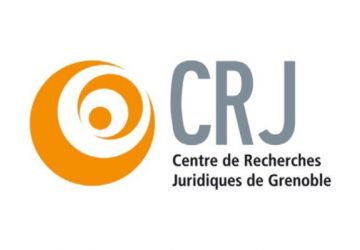
Centre de Recherches Juridiques de Grenoble (EA 1865)
Porteur du projet
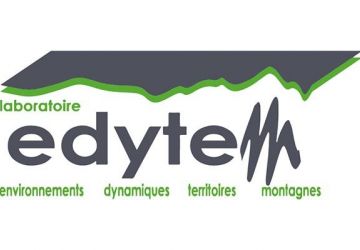
Environnements, Dynamiques et Territoires de la Montagne (UMR 5204)
Porteur du projet
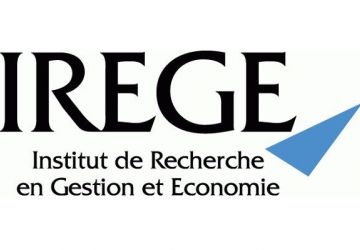
Institut de Recherche en Gestion et Economie (EA2426)
Porteur du projet
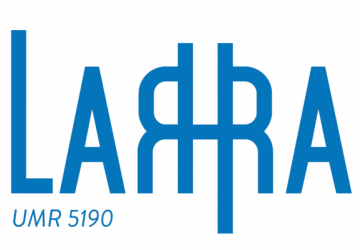
LAboratoire de Recherche Historique Rhône-Alpes (UMR CNRS 5190)
Porteur du projet

Laboratoire Sport et ENvironnement Social (EA 3742)
Porteur du projet
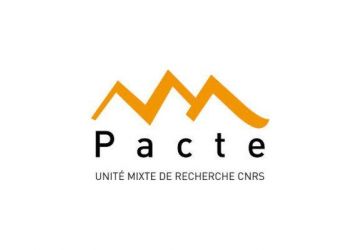
Politiques Publiques – Action politique – Territoires (UMR 5194)
Porteur du projet

 Facebook
Facebook Forward
Forward Google+
Google+ LinkedIn
LinkedIn Twitter
Twitter